
Our Sustainability vision addresses climate change and global hunger with a platform leveraging nature at its fullest
Our Sustainability vision
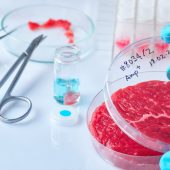
Indirectly
Indirectly by supporting the cultured meat industry, making us a key strategic supplier for their economic growth.
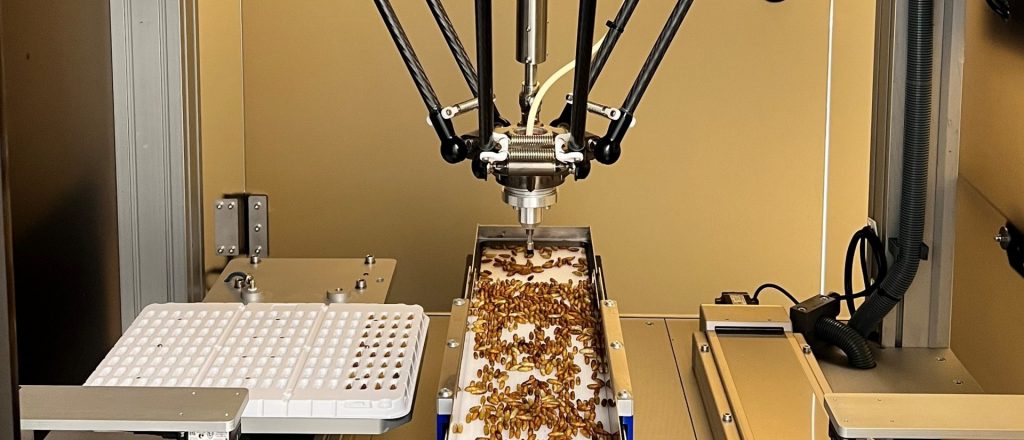
Directly
Directly by offering a system for the production of recombinant proteins needed by many industries (biotechnology, pharma, healthcare, food, diagnostics, etc.), which has a much smaller carbon and water footprint than traditional systems.

The Sustainable Development Goals are a call for action by all countries – poor, rich and middle-income – to promote prosperity while protecting the planet.
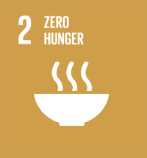
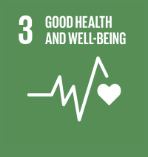
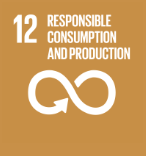
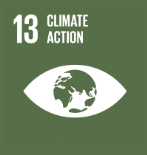
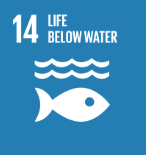
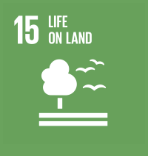
ENVIRONMENTAL AND SOCIAL IMPACT OF CULTIVATED MEAT
Positive impacts of cultured meat and how Cocoon indirectly contributes to achieving these objectives.
Energy
Greenhouse Gases
Land use
Water
ENVIRONMENTAL AND SOCIAL IMPACT OF CULTIVATED MEAT

Switching to cultivated meat would cut our water footprint between 82 and 96%, depending on the livestock to compare.
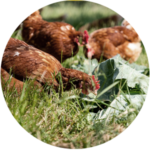
Animal rights are protected as animal meats are not mass produced.
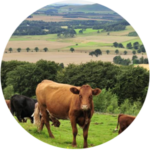
Farm space is saved with fewer live animals overall, and the destination of crops is redirected to human consumption and not meat production.

Risk of outbreak is lower as there are not high amounts of animals in confined spaces.